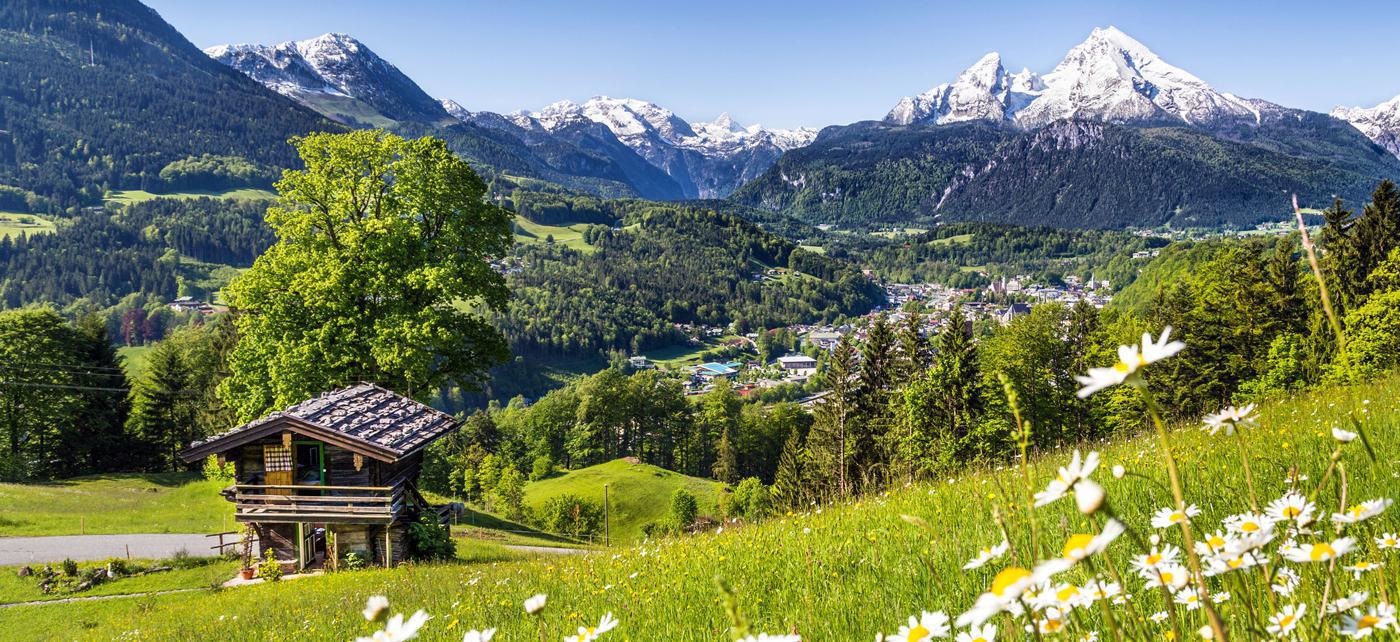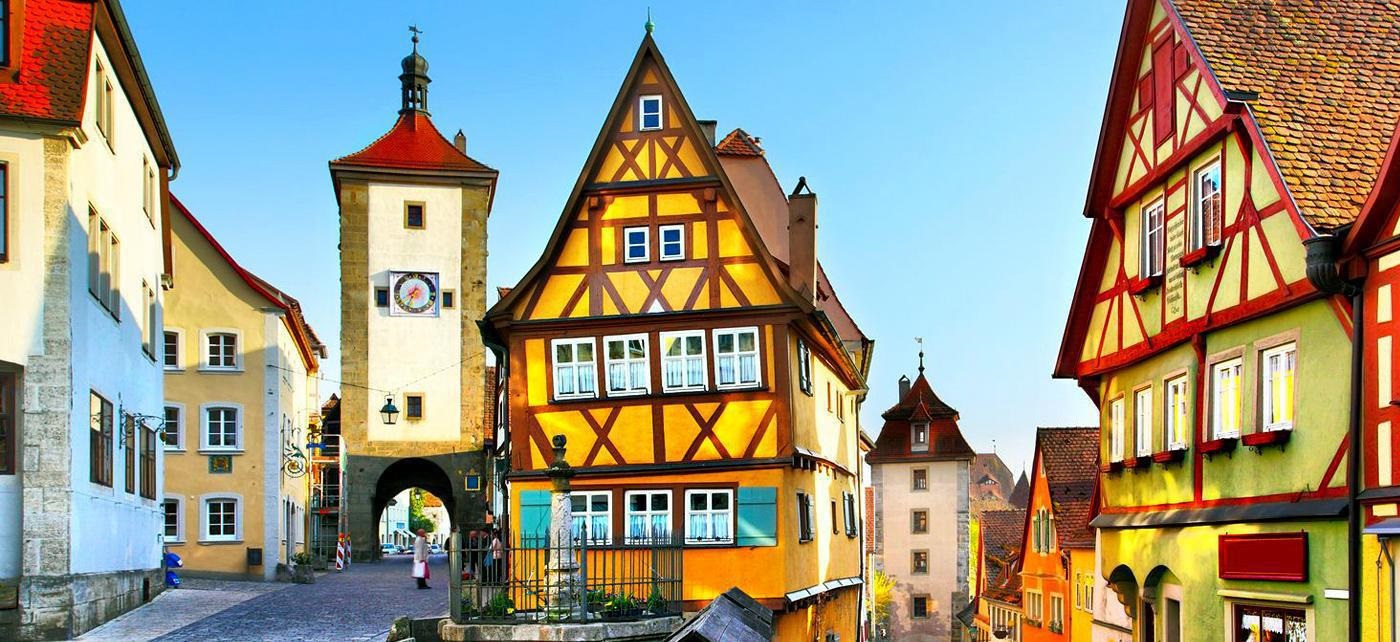Germany, officially the Federal Republic of Germany is a federal parliamentary republic in Europe. The country consists of sixteen states while the capital and largest city is Berlin. It covers an area of 357,021 km2 and has a largely temperate seasonal climate. With 81.8 million inhabitants, it is the most populous member state and the largest economy in the European Union. It is one of the major political powers of the European continent and a technological leader in many fields.
A region named Germania, inhabited by several Germanic peoples, was documented before AD 100. During the Migration Age, the Germanic tribes expanded southward, and established successor kingdoms throughout much of Europe. Beginning in the 10th century, German territories formed a central part of the Holy Roman Empire of the German Nation. During the 16th century, northern German regions became the centre of the Protestant Reformation while southern and western parts remained dominated by Roman Catholic denominations, with the two factions clashing in the Thirty Years' War.
Occupied during the Napoleonic Wars, rising Pan-Germanism resulted in the unification of most of the German states in 1871, with the inception of the Prussian-dominated German Empire. After the German revolution and the subsequent military surrender in World War I, the Empire was replaced by the Weimar Republic in 1918, and partitioned in the Versailles Treaty. Amidst the Great Depression, the Third Reich was proclaimed in 1933. The latter period was marked by Fascism and the Second World War. After 1945, Germany was divided by allied occupation, and evolved into two states, East Germany and West Germany. In 1990 Germany was reunified.
Germany is a federal, parliamentary, representative democratic republic. The German political system operates under a framework laid out in the 1949 constitutional document known as the Grundgesetz (Basic Law). Amendments generally require a two-thirds majority of both chambers of parliament; the fundamental principles of the constitution, as expressed in the articles guaranteeing human dignity, the separation of powers, the federal structure, and the rule of law are valid in perpetuity.
German is the official and predominant spoken language in Germany. It is one of 23 official languages in the European Union, and one of the three working languages of the European Commission. Recognized native minority languages in Germany are Danish, Low German, Sorbian, Romany, and Frisian; they are officially protected by the ECRML. The most used immigrant languages are Turkish, Kurdish, Polish, the Balkan languages, and Russian; 67% of German citizens claim to be able to communicate in at least one foreign language and 27% in at least two languages other than their own.
Numerous German painters have enjoyed international prestige through their work in diverse artistic styles. Hans Holbein the Younger, Matthias Gr³newald, and Albrecht D³rer were important artists of the Renaissance, Caspar David Friedrich of Romanticism, and Max Ernst of Surrealism. Architectural contributions from Germany include the Carolingian and Ottonian styles, which were precursors of Romanesque. The region later became the site of Gothic, Renaissance and Baroque art. Germany was particularly important in the early modern movement, especially through the Bauhaus movement founded by Walter Gropius. Ludwig Mies van der Rohe became one of the world's most renowned architects in the second half of the 20th century. He conceived of the glass fańade skyscraper.


